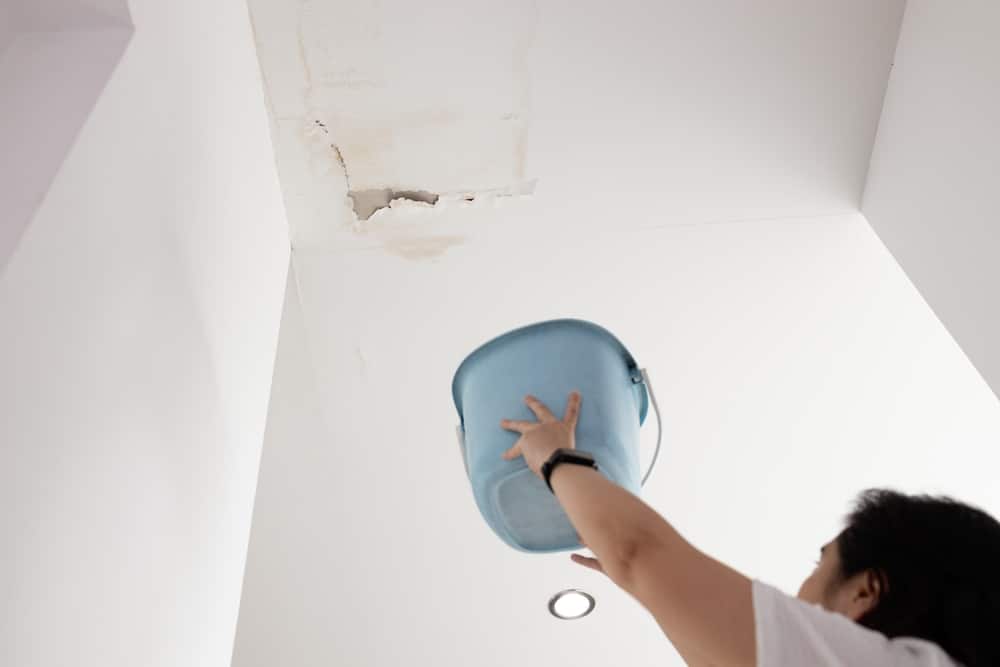In recent years, the integration of virtual reality in property management has transformed how real estate professionals conduct their operations. As technology evolves, property managers and real estate agents are increasingly turning to virtual reality (VR) to enhance efficiency and improve customer experience.
This shift towards digital transformation is not just a trend but a fundamental change in how properties are marketed, maintained, and managed.

Understanding Virtual Reality in Real Estate
The concept of virtual reality involves creating a simulated environment that can be explored in 360 degrees. In the context of property management, it allows potential buyers or tenants to tour properties remotely. This immersive experience is particularly beneficial in todays fast-paced world where time is a premium and physical visits are not always feasible.
Benefits of VR in Property Management
One of the primary advantages of using VR in property management is the ability to showcase properties to a global audience. This technology eliminates geographical barriers, allowing prospective clients from around the world to view properties without traveling physically.
Moreover, virtual reality enables more detailed and accurate property inspections. With the help of smart tools, property managers can conduct comprehensive inspections and address potential issues before they escalate.
Enhancing Customer Experience
Customer experience is at the heart of any successful business, and virtual reality enhances this experience significantly. By providing a detailed virtual tour of properties, potential buyers or tenants can make informed decisions without the need for multiple physical visits.
This technology also facilitates better communication between property managers and clients, as it allows for real-time updates and feedback. For instance, a client can easily suggest changes or improvements after a virtual tour, making the process more interactive and engaging.
VR Technology in Property Marketing
Marketing is a crucial aspect of property management, and virtual reality offers innovative solutions to enhance marketing strategies. By creating an immersive experience, VR helps in attracting more clients and retaining their interest.
Virtual Staging
Virtual staging is a technique that uses VR to furnish and decorate a property digitally. This approach allows potential buyers to visualize the propertys potential, making it easier for them to imagine themselves living there. Unlike traditional staging, virtual staging is cost-effective and can be easily modified to suit different styles and preferences.
Interactive 3D Tours
Interactive 3D tours are another exciting application of virtual reality in property management. These tours provide an in-depth look at properties, allowing clients to explore every nook and cranny at their own pace. This level of detail is invaluable, particularly for international clients who might not have the opportunity to visit in person.
Challenges and Considerations
While the benefits of VR in property management are significant, there are challenges that need to be addressed. One of the main concerns is the initial cost of implementing VR technology. However, as technology advances, these costs are expected to decrease, making VR more accessible to all real estate professionals.
Furthermore, ensuring data security and privacy is crucial, especially when conducting virtual tours and inspections. Property managers must work with reputable VR providers to safeguard client information and maintain trust.
Overcoming Technical Barriers
Technical barriers such as internet connectivity and device compatibility can also pose challenges. However, with the widespread adoption of 5G networks and advancements in VR hardware, these barriers are becoming less of an issue.
Property managers can also partner with technology companies to ensure seamless integration of VR solutions. For example, organizations like ButterflyMX offer insights into smart property management practices that can complement VR technology.
The Future of VR in Real Estate
The future of virtual reality in property management is bright. As technology continues to evolve, we can expect even more innovative applications of VR in the real estate industry. From virtual reality auctions to AI-driven property tours, the possibilities are endless.
Moreover, as more people become familiar with VR technology, its adoption is likely to increase. This will not only benefit property managers but also enhance the overall real estate experience for clients worldwide.
Integration with Other Technologies
Another exciting prospect is the integration of VR with other emerging technologies such as blockchain and IoT. For instance, blockchain can provide secure and transparent transactions, while IoT devices can facilitate real-time data collection during virtual tours. Learn more about the role of blockchain in property management.
Conclusion
In conclusion, the integration of virtual reality in property management is not just a futuristic concept but a reality that is reshaping the real estate industry. By embracing this technology, property managers can enhance efficiency, improve customer experience, and stay ahead of the competition.
As we look to the future, it is clear that VR will play an increasingly important role in property management, offering innovative solutions to age-old challenges. Whether you are a real estate professional or a tech enthusiast, now is the time to explore the potential of virtual reality in property management.

FAQs
What is virtual reality in property management?
Virtual reality in property management refers to the use of immersive technology to showcase and manage properties. It allows for virtual tours, inspections, and marketing, enhancing the real estate experience for both managers and clients.
How does VR benefit property managers?
VR benefits property managers by providing a global reach, enabling detailed inspections, and enhancing customer experience. It also offers cost-effective solutions for staging and marketing properties.
What are the challenges of using VR in real estate?
Challenges include the initial cost of implementation, data security concerns, and technical barriers such as internet connectivity. However, advancements in technology are helping to overcome these challenges.
This article contains affiliate links. We may earn a commission at no extra cost to you.






